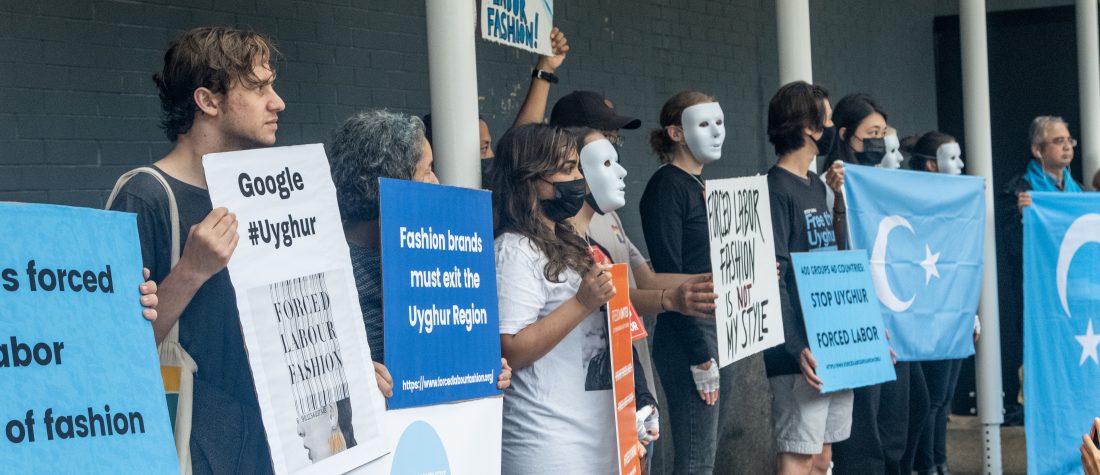The European Commission’s long-awaited proposal for banning the import of goods made with forced labour or child labour, has arrived. After being promised in not one but two State of the Union speeches, it is overdue. The content, though, is well-judged and it is refreshing to see the Commission restraining its desire for centralisation, and instead presenting a proposal that will invite cooperation with Member States, and with external trade partners.
The Commission’s media operation, especially from DG Trade, has made no secret of the fact that China’s ongoing labour violations in the Xinjiang region are a significant motivator of this regulation. Good: for too long some EU governments (we all know who they are) have prioritised exports to China rather than facing down the reality of the oppression meted out by the Communist Party state. The recognition that China is a human rights abuser and products from that supply chain should be banned, is welcome. China is not the only transgressor of course; other countries will rightly also be targeted by the regulation.
That forced labour and child labour is a moral outrage is clear. It is also illegitimate economic activity, meaning that products produced fairly in Europe, or elsewhere, can be undercut by what amounts to slave labour and/or bondage.
The mechanics of the proposal itself strike a good balance between a practical mechanism to seize goods and remove them from the European market, and also an engagement mechanism to ensure due process will be followed wherever allegations are made. Regardless of the severity of the issue, rules should not be arbitrary or capricious: exporters have a right to transparency and a fair hearing.
This is an area where the EU institutions can learn from the mistakes made by others, particularly in America. The U.S. Customs & Border Protection (US CBP) operates its forced labour process on the principle of ‘rebuttable presumption’, which undercuts entirely the notion of due process and offends natural justice. Rebuttable presumption allows the U.S. officials to seize cargo without warning and without providing evidence or data to back up their suspicions. There is often little to no communication on the nature of allegations, and as a result there is little accountability or oversight. For a company – including a European exporter to the U.S. – to remedy its situation after a customs seizure, is pure guesswork. That is not a good basis on which to build a functioning system. Unsurprisingly the U.S. system has now become a boondoggle for expensive ‘labour rights consultants’ who can charge extortionate fees to help exporters decode the U.S. CBP’s obscure processes.
This matters, because it sounds a note of caution for my colleagues in the European Parliament when we consider the Regulation in the coming months. The Commission has sensibly avoiding following the U.S. route, but the worry is that MEPs will do it anyway. The Parliament has in the past supported trade barriers that benefit NGO consultants rather than actually achieving an objective. The ‘sustainability schemes’ introduced under the Renewable Energy Directive are one such example, that should not be repeated here. Unfortunately, certain legislators have a history of adding in personal or political grievances to regulations in an effort to ‘win’ a particular battle. Unpopular products such as palm oil from Indonesia, or beef from Latin America, are often singled out for special ill-treatment (e.g. in the Deforestation Regulation). Such political games should not be played with human rights and labour rights: this is too important. MEPs should support a regulation that follows the evidence as it is revealed, not attempting to load the dice beforehand based on political bias against palm oil or other products. One good solution would be to begin recognising the sustainability standards of our trading partners. The Indonesian Sustainable Palm Oil (ISPO) standard is one such, that could be recognised and accepted by the EU, to smooth the supply chain and prevent bottlenecks and bureaucratic hold-ups.
Sometimes – indeed, often – the simplest solutions are the most effective. A moral stance based on ILO protocols, added to new powers for seizing shipments based on forced labour, but with clear due process requirements running through the regulation. This is essentially the proposal before us, and it is basically sound.


